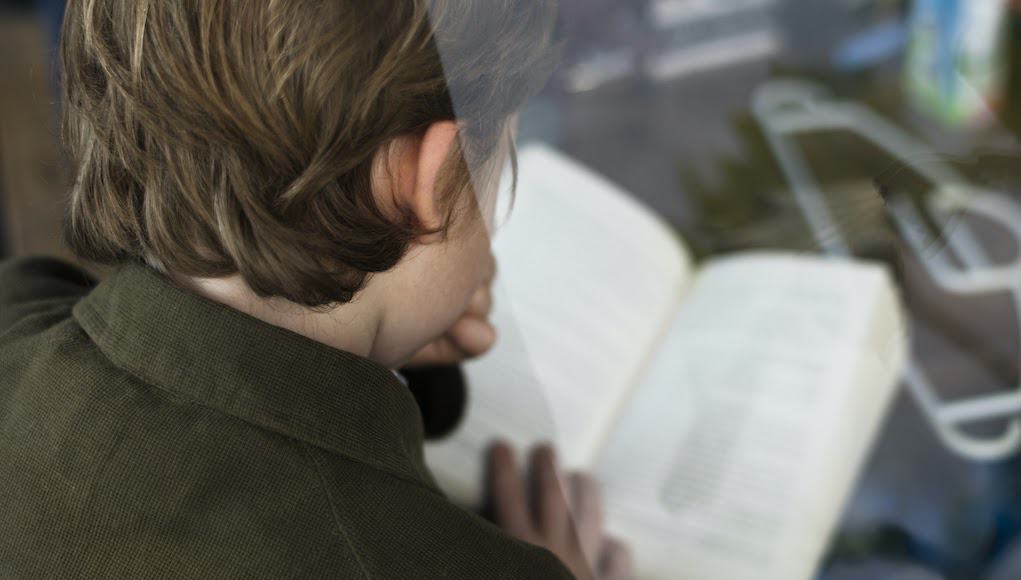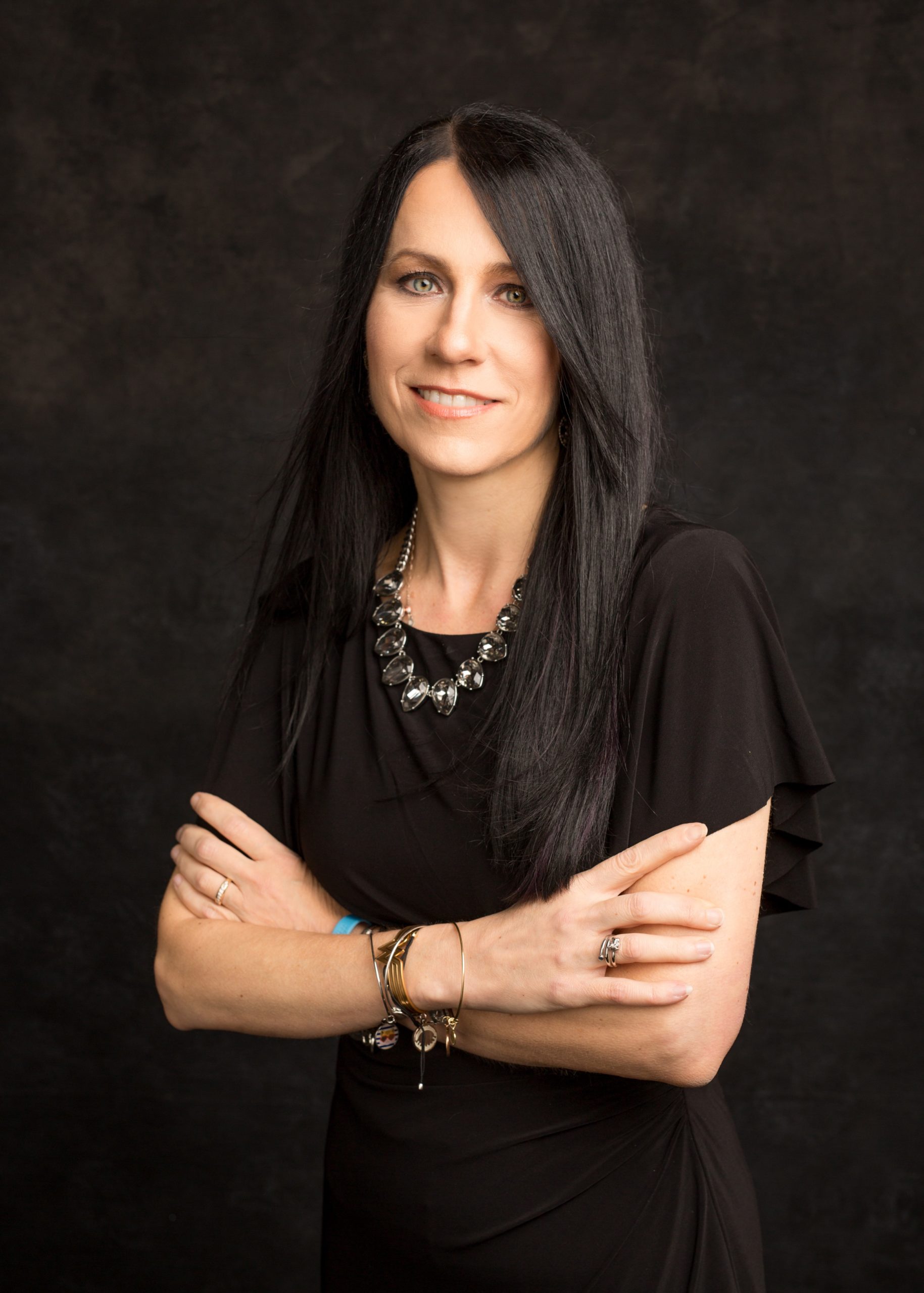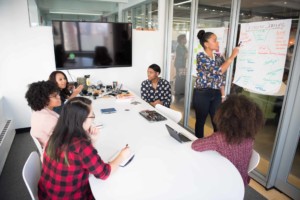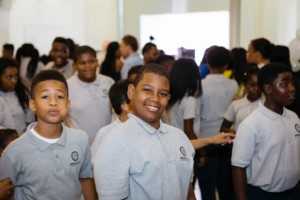25 Books for Educators to Explore

Updated from original February 21, 2020 post
There are more educational books available for professional learning than ever before. It’s easy to find book recommendations by reaching out on Twitter, checking on Goodreads or looking at curated lists of education books from members of your PLN. It is also helpful to follow the #bookcampPD and #PD4uandMe, hashtags and join in their Twitter chats. If you head to the BookCampPD website, Meredith Johnson has curated a list of book recommendations and organizes monthly book studies through a Twitter chat.
Here are some books (in alphabetical order) that I recommend for educators. Some of these I have come across over the years on my own and some of them have made their way to my pile of books after joining in Twitter chats.
- A Passion for Kindness by Tamara Letter. A book focused on bringing more kindness into the world. Tamara shares personal experiences and highlights the ideas of other educators and offers kindness cultivators and reflective questions to guide educators along the way to more kindness.
- Balance Like a Pirate by Jessican Cabeen, Jessica Johnson and Sarah Johnson. In this book, the authors share the importance of finding balance in our lives as educators and share their personal strategies for doing so. Finding balance is a challenge and this book can definitely help.
- Breaking Bold by Weston and Molly Kieschnick is a great read and follow up to Weston’s first book, Breaking Bold. Breaking Bold is full of strategies and motivations, personal anecdotes, and humorous references to help educators get started. Weston and Molly share their experiences and weave in so many practical examples and lead educators on a reflective journey.
- Culturally Responsive Teaching and The Brain by Zaretta Hammond is an interesting read about brain science and focuses on how educators can boost engagement and “rigor among culturally and linguistically diverse students.” Hammond explores how culture can impact learning and how the brain processes data. There are strategies provided that will help educators to provide more personalized and relevant learning experiences for all students and empower them to become independent learners.
- Culturize by Jimmy Casas is a book that will inspire educators to focus on “every student every day whatever it takes” in order to bring about amazing changes for student learning. In Culturize, Casas shares the four core principles for school success: Be a champion for students, expect excellence, carry the banner for the school, and be a merchant of hope.
- Daring Greatly by Brené Brown is a book for every educator to learn how to be comfortable with vulnerability. Inspiring to read, this book offers stories which will lead you to reflect on your personal and professional life and it does so in a way that inspires, supports, pushes and even entertains.
- Drive: The Surprising Truth About What Motivates Us by Daniel Pink explores the puzzle of motivation. Through his research, Pink uncovers the key elements of autonomy, mastery and purpose and how they connect with motivation.
- Evolving Education by Dr. Katie Martin explores how to bring about change to schools, to promote more authentic learning experiences for students, and what we can do to place students in the lead more.
- Evolving Learner by Lainie Rowell, Dr. Kristy Andre, and Dr. Lauren Steinmann shares strategies for accomplishing successful professional learning through a framework where students and teachers are active agents of learning. The book examines ideas and strategies that Empower Educators to learn from kids, fears, and the world in a cycle of continuous Improvement.
- For White Folks Who Teach In The Hood: Reality Pedagogy And Urban Education by Christopher Emdin explores “reality pedagogy” and how to implement culturally responsive practices in our classrooms. Emdin shares his personal experiences with teaching in urban schools and the effects of inequality on students of color.
- It’s OK to Say They: Tips for Educators by Christy Whittlesey is full of resources for educators to support transgender and nonbinary students. The book includes first person narratives and offers strategies for educators and even a dictionary of relevant terms.
- The Innovator’s Mindset by George Couros is focused on empowering educators to bring about change in their classrooms by taking some risks, experiencing failures, and providing students with more opportunities to lead and create.
- Kids These Days: A Game Plan for (Re)Connecting with Those We Teach, Lead, & Love by Dr. Jody Carrington is a book that shares Dr. Carrington’s research and personal experiences working with students and families. The book emphasizes the importance of connections and building relationships so we can best serve our students.
- LAUNCH by A.J. Juliani and John Spencer, is about empowering students through design thinking. The authors take you through the steps of the LAUNCH cycle, which is very helpful for educators interested in trying design thinking or genius hour projects. Full of visuals, templates, lesson plans and a LAUNCH notebook.
- Learning Transformed by Eric Sheninger Thomas C. Murray identifies 8 keys to transform schools and learning to best prepare our students for the future. Read more about Learning Transformed in the Smart Review.
- Lost at School by Ross W. Greene will help educators to better understand and work with students and challenging behaviors in the classroom. Through Greene’s Collaborative and Proactive Solutions (CPS) Model and from the narrative and stories shared in the book, the importance of building relationships resonates throughout.
- Personal and Authentic by Tom Murray provides personal stories from Tom as well as more than 50 educator vignettes shared in “Make it Stick” and “In Practice” sections. Murray shares his “Personal & Authentic Framework” to empower educators to create more authentic learning experiences in our classrooms.
- Power of Place by Tom Vander Ark, Emily Liebtag, and Nate McClennen presents a thorough resource full of everything that educators (regardless of role and experience), as well as community members, need to get started with Place Based Education (PBE). An overview of PBE is provided, which includes an explanation of the six design principles and the context of place-based learning. The book offers many examples, clear explanations, and student and educator stories.
- Start with Why by Simon Sinek profiles innovative companies that start by asking the question why and how that leads to success. For anyone looking to become more of a leader, it will push your thinking and is applicable to any area, especially education.
- Stillness is the Key by Ryan Holiday focuses on the importance of taking moments away for ourselves. Holiday shares stories of many historical figures and how they incorporated stillness into their busy lives and why it matters.
- Teach Like a Pirate by Dave Burgess is a book full of personal experiences, inspirational quotes, reflection questions, and ideas for how to create more engaging lessons, promote student curiosity and build rapport in our classrooms. Teach Like a Pirate was the first book about education that I had read in years and the one that pushed me to start taking some risks in my own classroom.
- Teaching AI by Michelle Zimmerman is for any educator looking to better understand artificial intelligence, how it will impact the future, and what it means for education. The book includes scenarios, tools, activities, reflection questions and ideas to get started.
- Things I Wish […] Knew by Rachelle Dené Poth includes 50 educators with different experiences and backgrounds in education who share something they wish they or others knew. Each vignette shares an eye-opening experience, a valuable lesson learned, advice for overcoming challenges, or simply offers some inspiration or words of wisdom.
- UDL and Blended Learning by Dr. Katie Novak and Dr. Catlin Tucker explores Universal Design for Learning (UDL) and how to create the best learning experiences for all students. Through blended learning methods, educators will learn how to leverage the right tools to create authentic, meaningful and personalized learning pathways for students. The strategies and frameworks are focused on fostering classroom community, increased accessibility and promoting equity in learning.
- What School Could Be by Ted Dintersmith shares what Ted learned after spending 2016 visiting schools in all 50 states. Dintersmith took what he observed, his own research, the authentic stories from educators he met during his travels and has shared what he believes to be the changes needed for education in this book. Listen to the Ted Dintersmith Podcast Interview.
There are many books out there and I could definitely add more to the list but wanted to create a resource for educators to explore a variety of topics from different perspectives. If I could add one more to this list, I would add my first published book, In Other Words: Quotes that Push Our Thinking which gave me a space to share stories from educators and students as well as my own story. Quotes are used as a focus to push thinking about the importance of growing ourselves as educators, knowing our why, as well as learning from and embracing failures and taking risks.








0 Comments
Leave a Comment
Your email address will not be published. All fields are required.